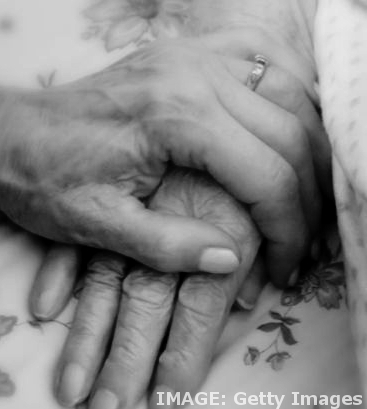Canada backflips on doctor-assisted death
 Canada's Supreme Court has removed a ban on doctor-assisted suicides for mentally competent adults suffering an incurable disease.
Canada's Supreme Court has removed a ban on doctor-assisted suicides for mentally competent adults suffering an incurable disease.
The Court found that the wording of the ban was too broad, and that it applied to more people than the small amount it was designed to protect.
The ban had applied to “vulnerable persons ... [who were] being induced to commit suicide at a time of weakness”.
But the court concluded that making it a crime to help a person who was “grievously and irremediably ill” in ending their own life left only two options open: suicide “often by violent or dangerous means”, or continued suffering until natural death.
“The choice is cruel,” the court found.
The ruling has been suspended for a year to allow politicians to form new rules around the contentious issue.
The Canadian Medical Association says it will now begin consultations with the government ahead of a new framework.
The legal challenge to the ban was brought by the families of two Canadian women who have since died.
One was Gloria Taylor, who died of an infection after suffering from amyotrophic lateral sclerosis (ALS).
Trial transcripts say Ms Taylor did not want to “live in a bedridden state, stripped of dignity and independence”, nor did she want an “ugly death”.
The other woman, Kay Carter, was allowed to commit doctor-assisted suicide in Switzerland at age 89.
The court heard that Ms Carter said before she died that she was terrified of “dying inch by inch”.








 Print
Print